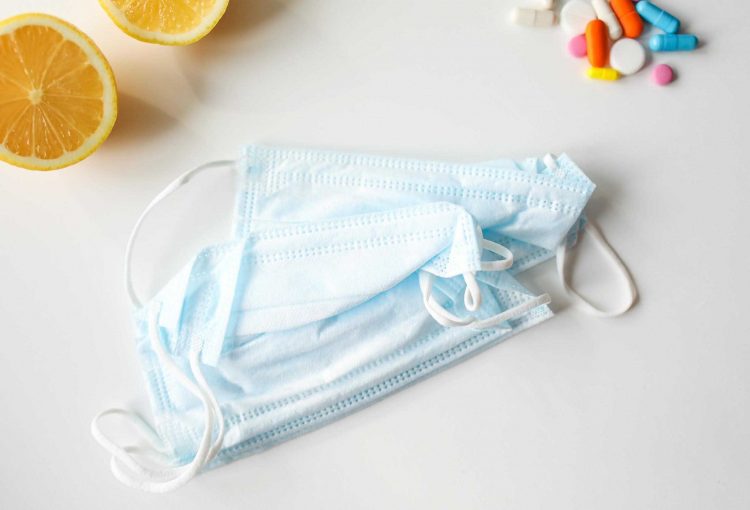Covid-19: protect yourself and others

The end of the year 2019 has marked another grim event: the emergence of covid-19, a virus from the coronavirus family. The virus has infected 169,034 people and killed 6,492, evolving into a pandemic. While healthy young people have a good chance of survival when infected, the elderly and people with existing conditions are at a much higher risk. We must all strive to protect each other in this time of need. Only herd immunity will ensure the protection of the most vulnerable in our society.
What is covid-19?
The coronavirus family, of which this virus belongs, already brought SARS and MERS in the past, but also causes the common cold. It causes respiratory issues; such as cough or difficulty breathing. It can also cause fever and weakness, like the flu. Currently, the estimated incubation period is from 1 to 14 days. Covid-19 can be contracted via droplets expelled by sick people when coughing or sneezing. This particular virus emerged in Wuhan, China. It is most likely mutated from a virus affecting a type of wild animal, that crossed to attack the human system. However, such a disease knows no border or nationality and quickly travelled through the world.
How can I protect myself?
- All non-essential travel is discouraged.
- If you live in a country affected by the virus, stay at home as much as you can and limit social contacts such as going out to parties or meetings. Isolation can be hard, especially for the elderly and children, but it is the best way to stay safe.
- Wash your hands thoroughly, with soap and water, or use an alcohol-based rub. Do this as much as you can during the day, especially if you have to go outside for work or other activity.
- Practice social distancing when meeting people: no handshakes or hugs, no standing together in crowds whenever physically possible.
- If you’re sick, stay home and isolate yourself from the rest of your family. Do not share utensils, towels or blankets with healthy members of your household.
How can I protect others?
Do not stockpile groceries. When people empty the stores, many elderly or poorer people are not able to shop and might be in a desperate situation. Parents may also be unable to get products they need to care for their babies.

What if I’m caring for someone who is infected?
Isolate them in the home – if possible, in a separate room. Wear a mask and gloves when handling them or their things. Dispose of the mask and gloves when leaving their room. The WHO (World Health Organization) explains how to use a mask properly here (insert link: https://www.who.int/emergencies/diseases/novel-coronavirus-2019/advice-for-public/when-and-how-to-use-masks). If you do not have protective gear, wash your hands thoroughly after caring for them. Do not touch your face or hair while you are with them. Make sure they cough or sneeze in tissues, towels or whatever you have on hand. Dispose of these in a well-closed trash bag.
In these trying times, remember your neighbors, children and the vulnerable people around you. We can only beat this by acting as a collective, for our own good and the good of others.
While we did our best to make this article factually correct, you must follow the directives of the World Health Organization https://www.who.int/emergencies/diseases/novel-coronavirus-2019
as your first source of information. ASCOA looks forward to bring more information in the next article.
4 thoughts on “Covid-19: protect yourself and others”
Leave a Reply
You must be logged in to post a comment.
Very educative. Thanks for sharing!
This is good, it is high time we create more awareness and educate communities.
I had the pleasure to volunteer with ASCOA on researching the Covid-19 pandemic and applying for related funding sources.
It is great to know that protecting yourself is indirectly protecting others. Panic buying is definitely the wrong way to go as it deprives others of necessities.